T’áyqemetem thel sétl’atel. means ‘(She) got mad at my older brother.’
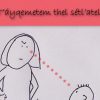

T’áyqemetem thel sétl’atel. means ‘(She) got mad at my older brother.’
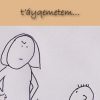
t’áyqemetem – to get mad at
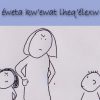
Ewéta kw’ewat lheq’élexw means ‘no-one knew (anything)’‘, (lit. ‘No-one knew (it)’.
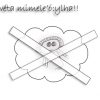
Ewéta mimele’ó:ylha means ‘There was no doll’.
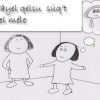
Wáyel qelsu súq’t thel méle means ‘Next day I looked for my doll’. (Literally Elizabeth says ‘child’, rather than ‘doll’.)
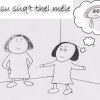
Olsu súqt thel méle means ‘So I looked for my doll’. (Literally Elizabeth says ‘child’, rather than ‘doll’.)
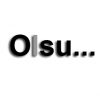
Olsu… means ‘So I…’
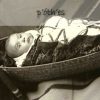
P’óth’es means ‘baby basket’.
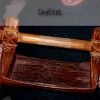
Lhéltel is the Halq’eméylem word for ‘canoe bailer’‘.
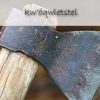
Kw’óqwletstel is the Halq’eméylem word for ‘axe’. Elders use this for larger axes, including the large double-headed ones.
